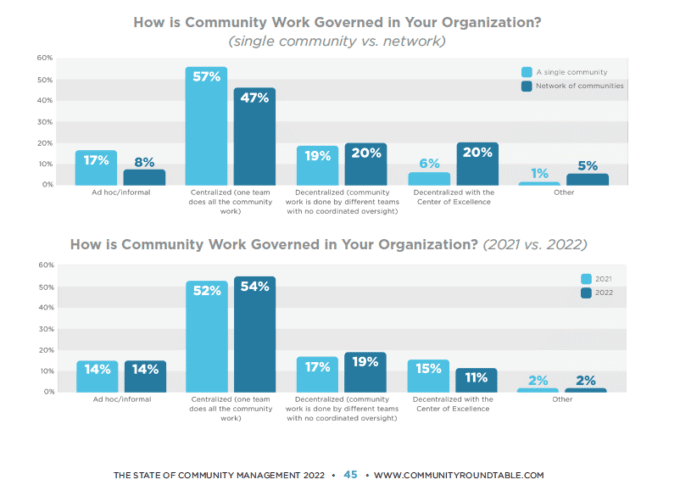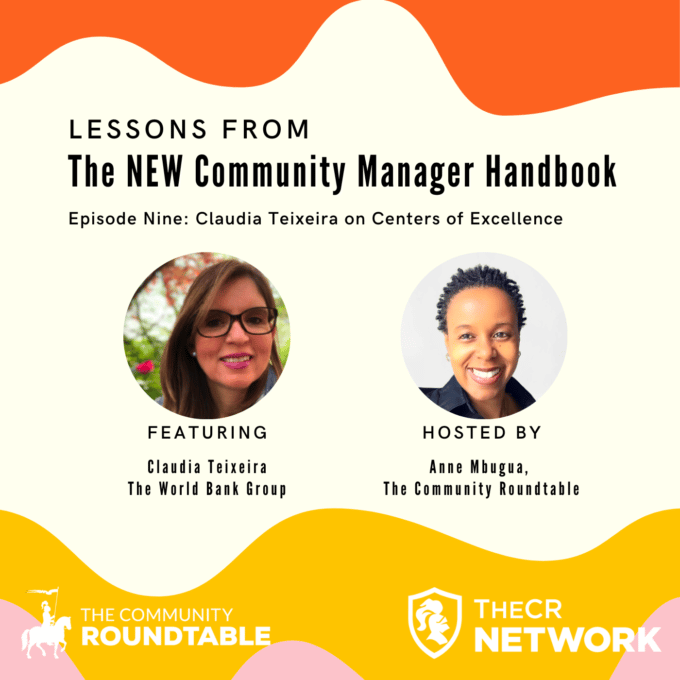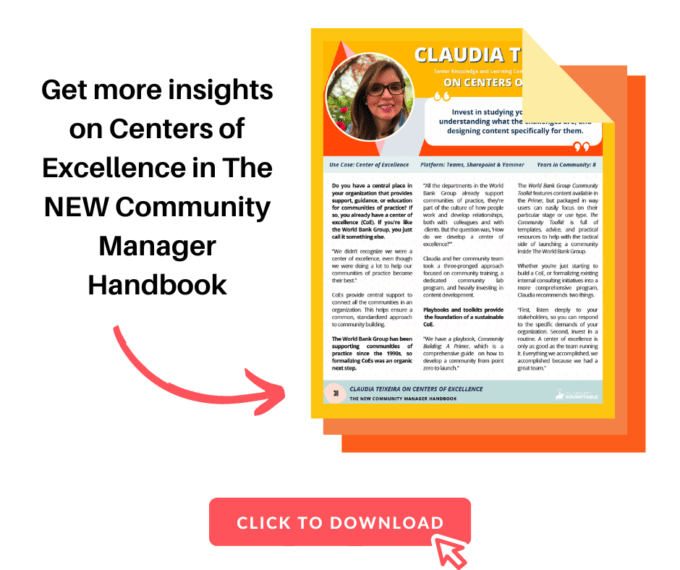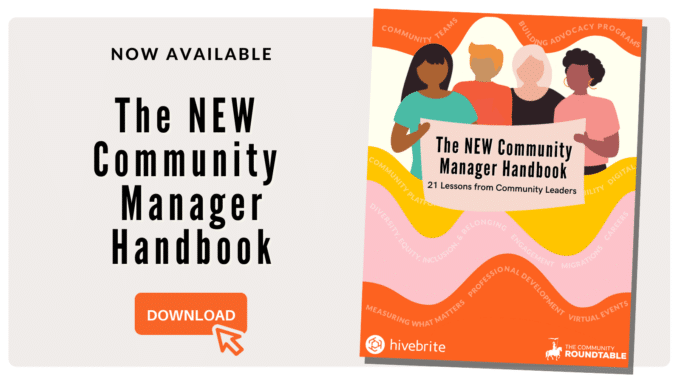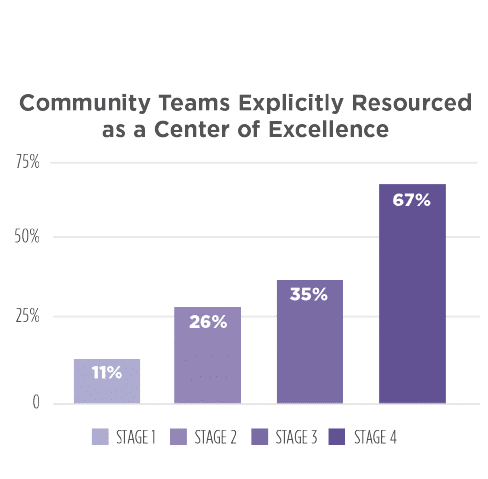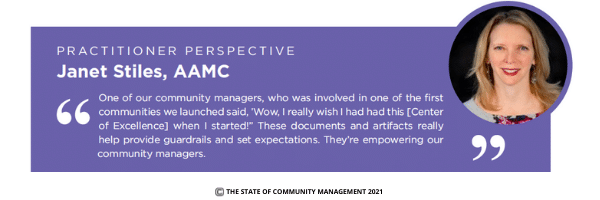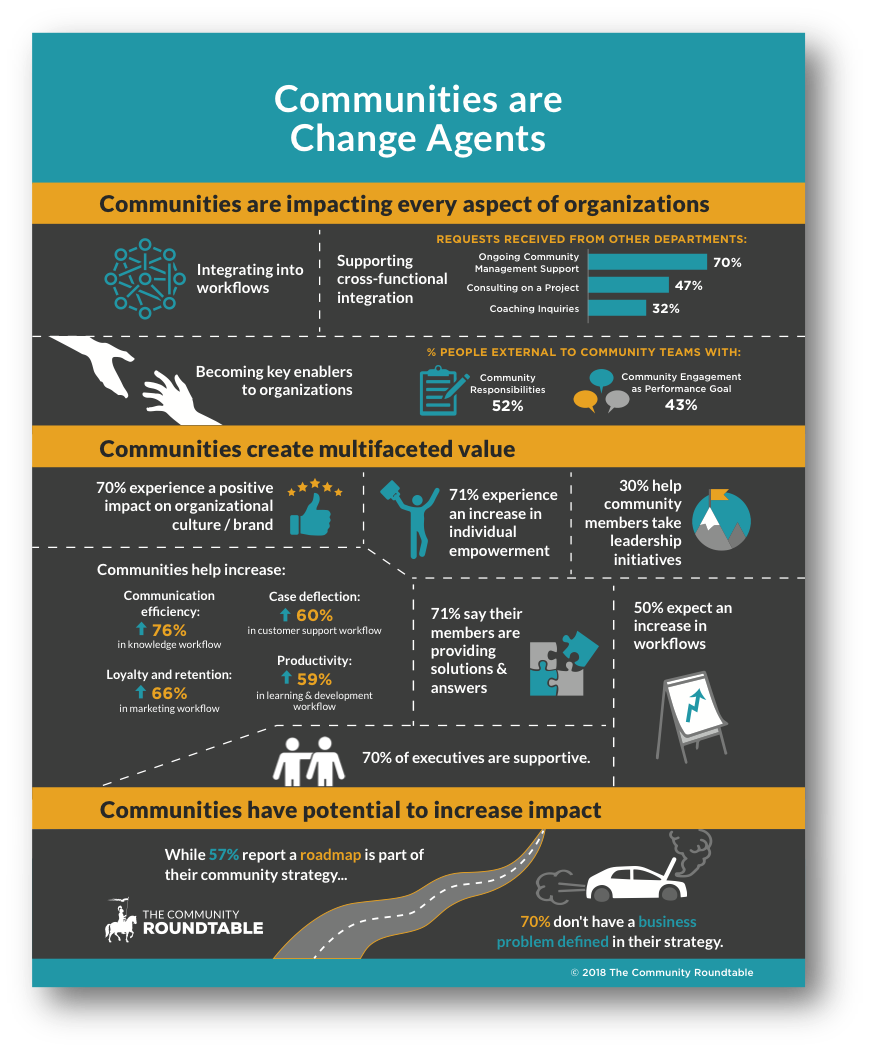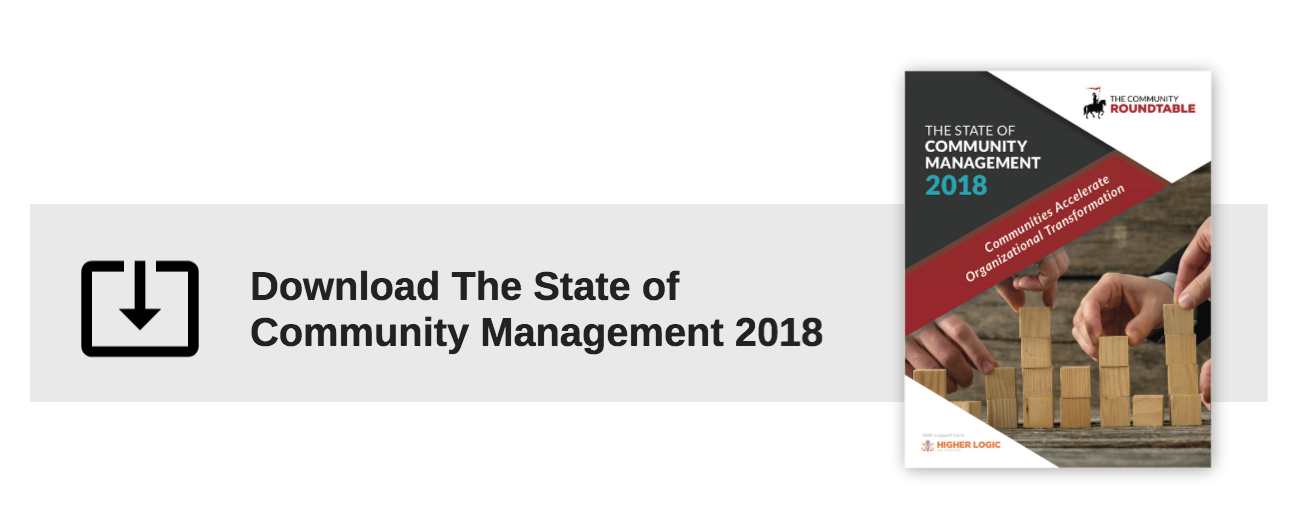Do you run a community with sub-communities and have numerous requests for new communities? Do you sometimes feel that your community launch strategy is less strategy and more Oprah?
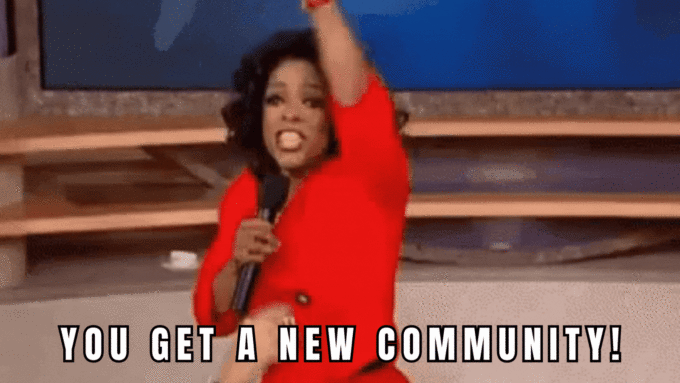
A community program often leads to requests for more and more sub-communities or groups and it is easy to become overwhelmed by the frequent enquiries to set up a new shiny community for…well, it feels like everyone!
It can be easy to let everyone or no one have one, but adding some governance around new community requests and launches will help you in many ways. It will allow you to defend your decisions, and add a degree of professionalism to your program. It will challenge the person requesting the community to ensure they know why they want a community, who will use their community, and how they will manage their community. And finally, it will set the new communities up for success, by giving them a clear purpose, strategy, and plans for the launch, build and sustain stages..
Here are the steps I recommend for developing your launch process:.
- Audit what you already have: If you have sub-communities, it is likely that you already have some resources and something resembling a process to follow. Gather these together in one place and put them in a logical order. If all of these are in your head, this is a great opportunity to get them out of your head and down onto paper (I find that actually writing a flow on paper helps my thought process. Then I add the technology.)
- Review your resources: Ask yourself whether what you have is still relevant and accurate. Update it if necessary, and create a consistent look and feel. If you have community or organization brand guidelines, use, those to give a professional look and feel to your new process.
- Identify gaps: Follow your process (theoretically, or with a test community) from start to finish and identify whether you have any gaps in your process or resources. Think about how you can make things simple to follow and complete and add those to your resource pack.
- Create your Launch Plan: This could take many forms, depending on the tools available to you, but use those that are most popular with your associates, as they are most likely to be used! You could create a Trello board, or similar in Microsoft Planner, or you could use project planning tools like Asana or Monday.com. To add weight to your process, I recommend adding gates, or check-ins, at regular intervals to ensure the initiator is following the process, to answer questions and offer help and encouragement, and to keep the launch on track.
- Go Live! Once you are happy with your process, resources, and timelines, go live – there really is no time like the present. I would explain to the first couple of “applicants” that you are trialing a new process and would appreciate their feedback and understanding as you launch.
- Review: as with any process, it is important to have an ongoing review process. Check the process works for you and the people using it. Review the whole flow as you complete the process the first couple of times. Once it is working smoothly, you may want to review once a year, to ensure everything is still up to date.
- Measure: if you read my previous post “Why ‘Knowing Your Numbers’ is so Important in Community Management”, you will know the importance o measuring success in your community. This new process is no different. Create a benchmark for communities launched before you implemented this process, and those that come after! Use this in your discussions about your communities, use it with your community managers, and use it in your performance reviews!
If you are wondering what kinds of resources might be included in this new community launch process, here are some ideas:
☐ New community request form (you can find some templates here)
☐ Community training (you can find some courses here)
☐ Community strategy – shared purpose/shared value; key behaviors,
☐ Editorial calendar template
☐ Technical setup process – what do you need from the community manager to allow you to build their community on your platform
☐ Introduction post
☐ Identify super users / subject matter experts (SMEs)
☐ Create initial content and templates for future programming (e.g. form to complete to feature in a member spotlight)
Good luck, and let us know how you get on! We’d love to hear what works for you – have I missed anything?
If you would like to learn more about our advisory services (where we can help you set these types of things up!) or join The Network or The Library, please get in touch.
